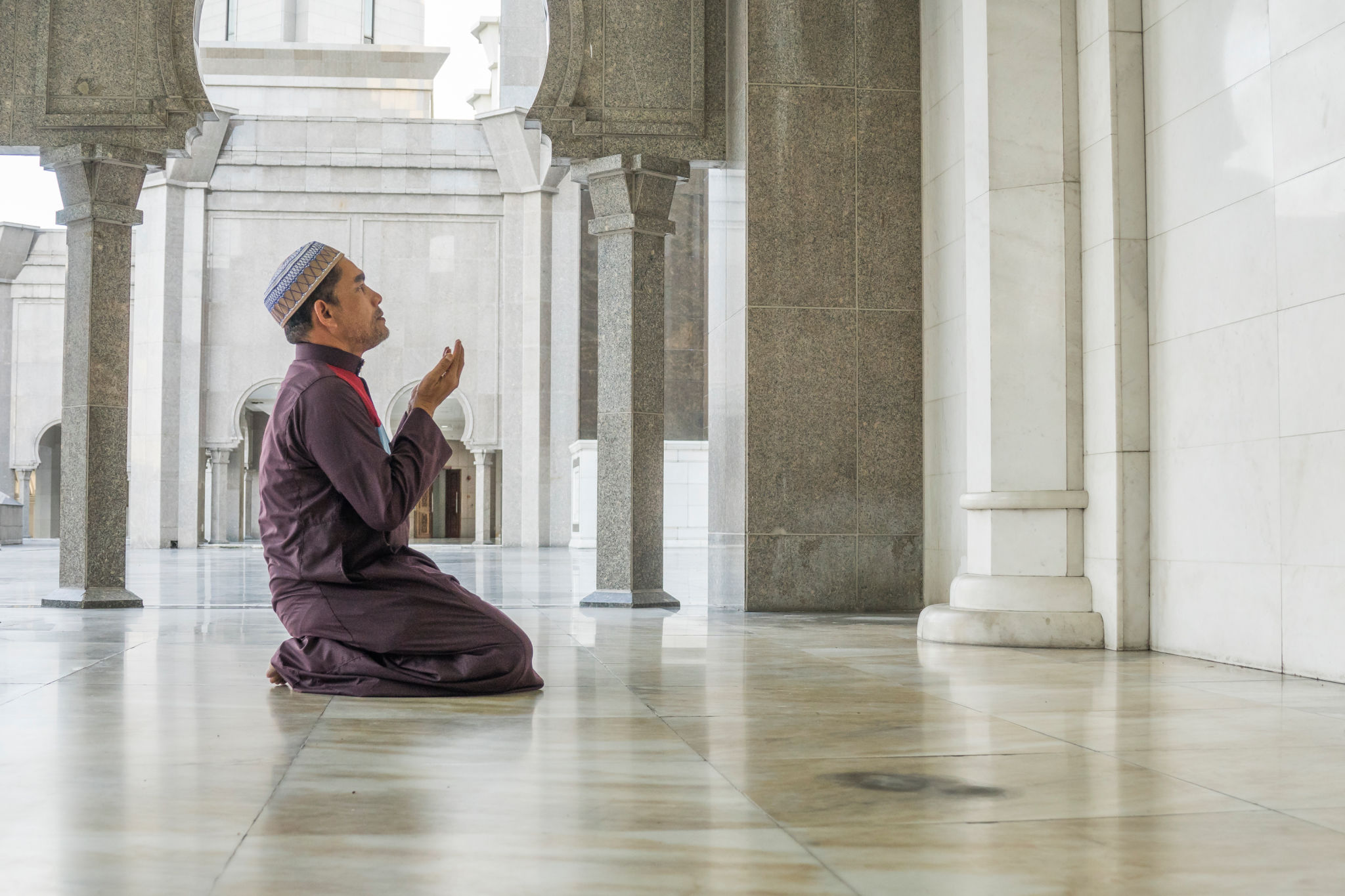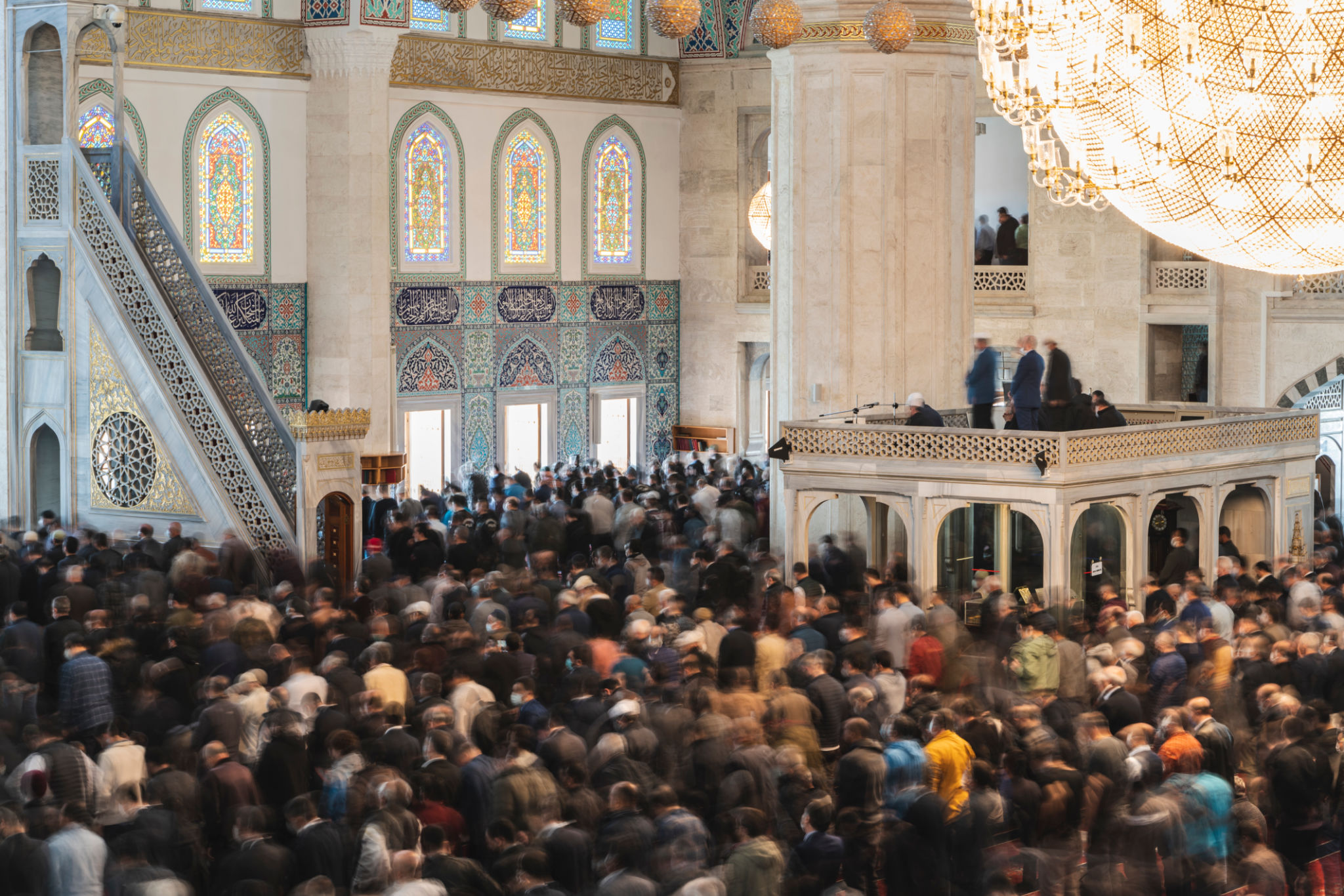Common Misconceptions About Mosques: Setting the Record Straight
Understanding Mosques: More Than Just a Place of Worship
When most people think of mosques, they immediately associate them with places of worship for Muslims. However, this is just one aspect of what mosques represent. Mosques are also community centers, places for learning, and symbols of unity and peace. Understanding the multifaceted role that mosques play can help dispel many common misconceptions.

Mosques Are Not Exclusively for Muslims
One prevalent misconception is that mosques are strictly for Muslims. In reality, mosques welcome visitors from all faiths and backgrounds who wish to learn more about Islam and the community it fosters. Visitors are often encouraged to observe prayers, join in community events, and partake in open discussions that help build bridges between diverse cultures and religions.
Many mosques hold open days or guided tours to educate the public about Islamic practices and beliefs. This openness helps to demystify Islam and promote mutual understanding among different communities.
Women Have a Significant Role in Mosques
Another common myth is that women have little or no role within mosques. In fact, women are active participants in mosque activities and often play crucial roles in administration, education, and community service. Many mosques have dedicated spaces for women to pray and engage in religious activities comfortably.

Moreover, women frequently organize and lead community events, educational programs, and charity initiatives, highlighting their essential contributions to the mosque and the broader society.
Mosques Encourage Community Cohesion
It is a misconception that mosques foster isolation among Muslims from the wider community. On the contrary, mosques often serve as hubs for cross-cultural interaction and understanding. They host interfaith dialogues, charity events, and educational seminars open to everyone, regardless of religious affiliation.
By promoting values such as compassion, charity, and social justice, mosques actively contribute to creating a cohesive and harmonious society. These efforts often go unnoticed but play a significant role in fostering peace and understanding.

Mosques Are Not Political Centers
Some people mistakenly believe that mosques are centers for political activity or radicalization. While mosques may discuss political issues affecting the Muslim community, they do not serve as political headquarters. Instead, they focus on spiritual growth, education, and community service.
Any political discussions held in mosques are generally aimed at encouraging informed and responsible citizenship rather than promoting any particular political agenda.
Promoting Understanding Through Education
Tackling misconceptions about mosques requires education and openness from both Muslims and non-Muslims alike. By taking the time to learn about the true role of mosques in society, individuals can better appreciate their contributions to cultural diversity and societal harmony.
Encouraging dialogue and mutual respect will help dispel myths and replace them with understanding and acceptance. Mosques are more than just places of worship; they are pillars of community strength and sources of education for all who seek it.